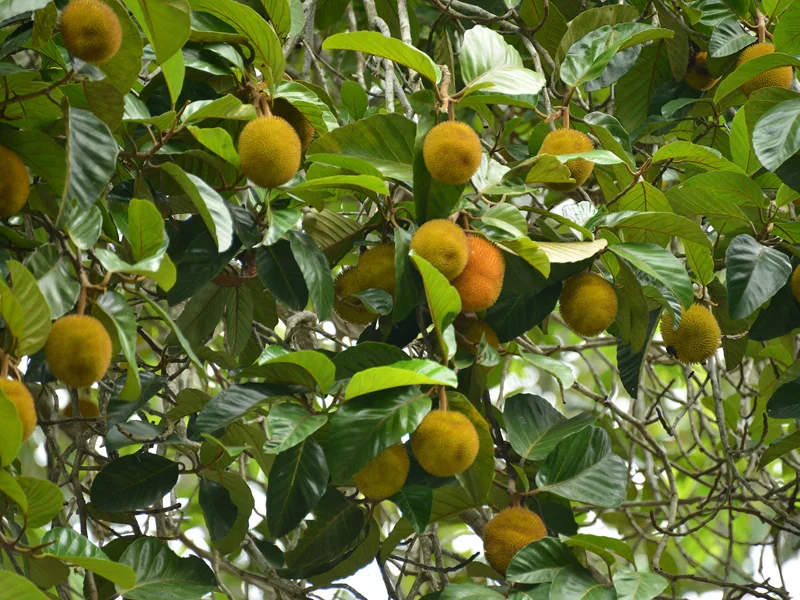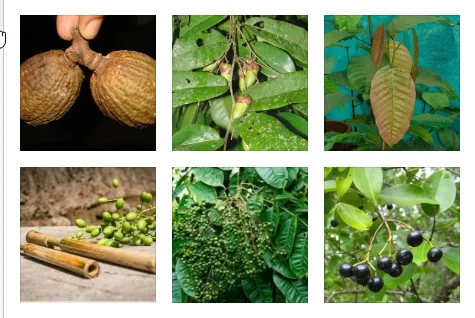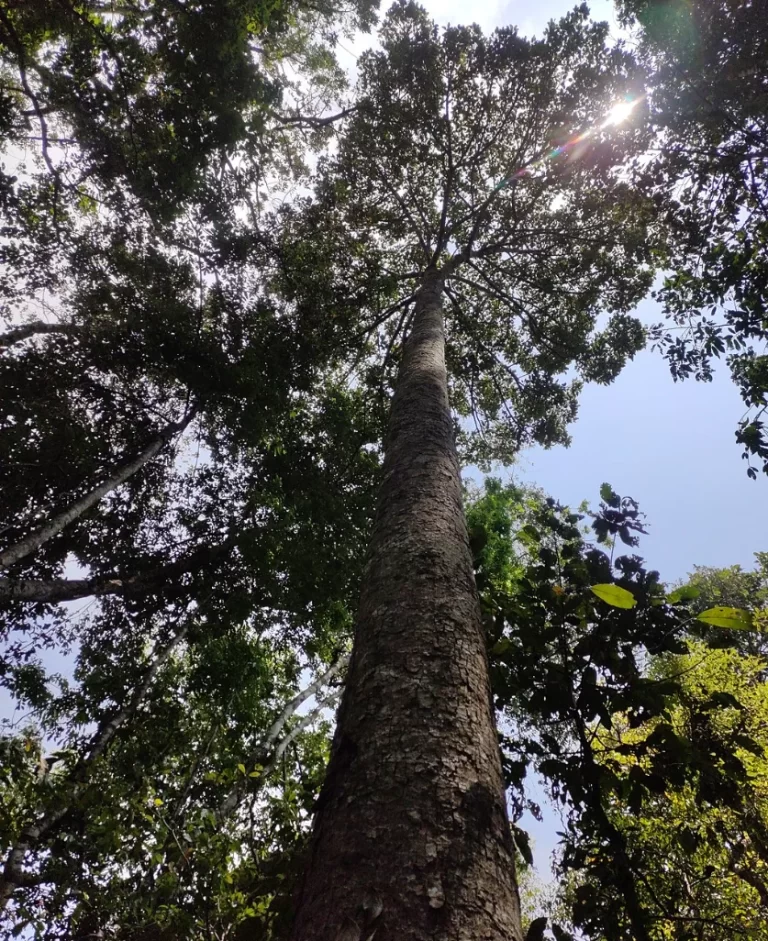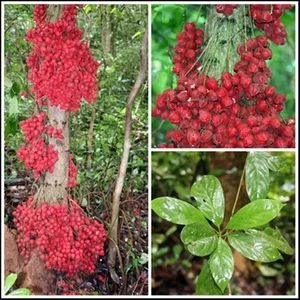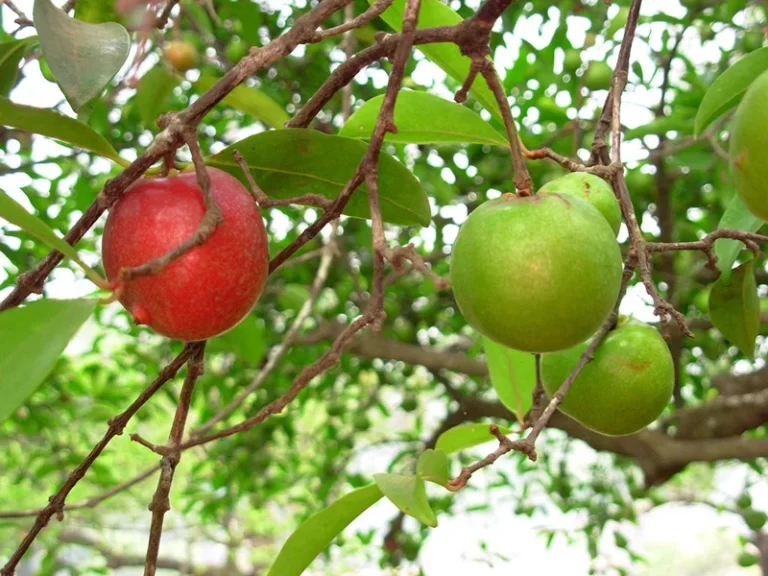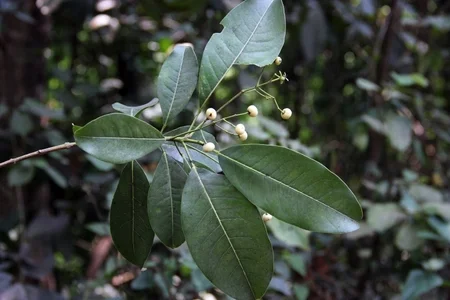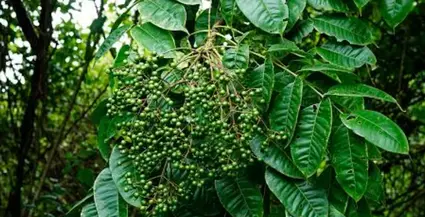Hebbalasu or Pejakai
Artocarpus Hirsutus
commonly known as wild jack, or Hebbalasu (in Kannada) or Pejakai (In Tulu) is a tropical evergreen tree species that is native to India, primarily in Kerala, but also in Karnataka, Maharashtra and Tamil Nadu, where it grows in moist, deciduous to partially evergreen woodlands.
Description
Large evergreen trees with straight bole. Milky latex present. Leaves large, broadly ovate elliptic, golden hairy below when young, covered by foliaceous bract in bud.Flowers unisexual, axillary spikes, male narrow, cylindric, female ovoid. Fruit a subglobose syncarp. Seed covered by orange red perianth, edible on ripening. Seed a nut. Wild Jack is an evergreen tree, up to 50 m high, bark 10-15 mm thick, surface dull grey-brown, smooth, warty, exfoliations thin, peeled surface red, fibrous; blaze creamy turning to pinkish-yellow; exudation milky white, sticky, branchlets hairy. Leaves are simple, alternate; stipules up to 4 cm long, lateral, densely tawny bristly; leaf-stalk 1-3 cm long, stout, hairy; blade 13-25 x 7.5-15 cm, broadly ovate, obovate or elliptic, base pointed, blunt or round, tip somewhat pointed or very shortly tapering, margin entire, wavy, leathery, hairless above, hairy-velvet-hairy beneath; lateral nerves 6-12 pairs, pinnate, prominent. Flowers are unisexual, minute, yellowish-green; male in leaf-axils, drooping, in narrowly cylindric spikes upto 15 cm long; tepals 2, united below; stamen 1; anther protruding, ovate, bracteoles chaffy; female flowers in in leaf-axils ovoid spikes; perianth tubular, confluent below with the receptacle; ovary superior, straight, ovule drooping; style protruding; stigma undivided. Fruit is a fleshy multiple fruit (like mulberry), 6-7.5 cm across, spherical or ovoid, echinate, yellow when ripe, the spines cylindric, straight, bristly, perforate at the tip for thread-like style; seeds 16-18 mm long, ovoid, white. Wild Jackfruit is endemic to the Western Ghats and are found in its evergreen forests.
Uses: Widely used Timber tree, often cultivated in homesteads. Fruits and roasted nuts edible, underutilized fruit , once widely used by ethnic and tribal community.
Its flowers are unisexual, in axillary inflorescences and its fruits are syncarps and very sweet, changing to an orange hue when ripe. Its simple, alternate leaves will ooze latex if broken. It is harvested for its wood.
The ripe fruit of A. hirsutus is eaten after removing the spiny outer skin. The structure of the fruit is similar to that of the much larger jackfruit. The seeds are also edible, usually fried as a snack.
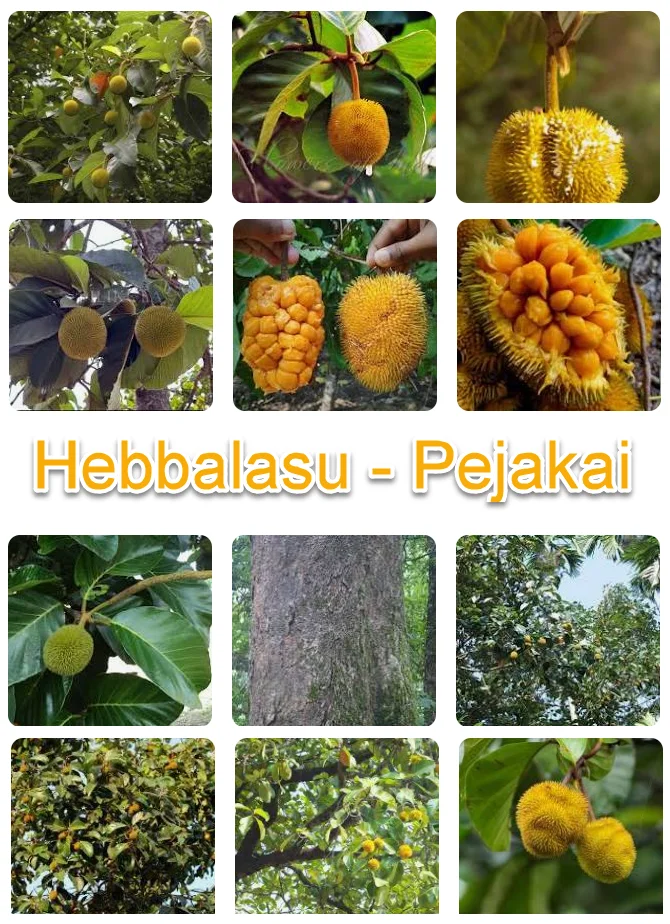
Other Names for Hebbalasu – Pejakai
Common Names: Anjili, Ayani, Wild Jack
Kannada Names: ಹೆಬ್ಬಲಸು Hebbalasu, ಕಬ್ಬಲಸು Kabbalasu, ಕಾಡುಹಲಸು Kaadu halasu, ಹೆಸ್ವ Hesva, ಹೆಸವ Hesava
Malayalam Names: ആഞ്ഞിലി Anjili, Ayani
Tamil Names: Aiyinipila, அநிலீ Anjili
Tulu Names: Perpela, Pejakai
Botonical Name: Artocarpus Hirsutus
Family: Moraceae
Distribution: Endemic to Western Ghats, throughout
Conservation status: Least Concern (LC- IUCN Red list)
Distribution and Habitat
Artocarpus hirsutus grows at elevations from sea level to around 1,000 m (3,300 ft) in places with an annual rainfall of 1,500 mm (60 in) or more. The species is endemic to the Western Ghats where it is found in evergreen forests. It is a common tree in evergreen and semi-evergreen forests from South Maharashtra to Kanyakumar
Uses of Hebbalasu or Pejakai
Artocarpus hirsutus is prized for its durable timber which is comparable in quality with teak. The timber was used extensively in the construction of ceilings, door frames and furniture in older buildings, especially in Karnataka and Kerala, India. The famous snake boats of Kerala are often hewn out of the Anjili’s wood. 140 tons of A. hisutus wood from Kerala was used for Tim Severin’s ship Sohar, in which he traveled from Muscat to Canton in 1980-81.
Diseases
The important diseases of Artocarpus hirsutus reported from Southern part of India (Kerala state) are Pink disease (Corticium salmonicolor)[9][better source needed] & Macrophomina leaf spot (Macrophomina phaseolina).
In Culture
This tree, locally called anjili in Kerala is used to make Palliyodam, a type of large built and used by Aranmula
Source: Wikipedia
Go to Tulu News Page to read more about Tulu Nadu News, Events etc.
Go to Our Partner Website to book Self Drive Cars to drive in Mangalore, Udupi and Kasargod

